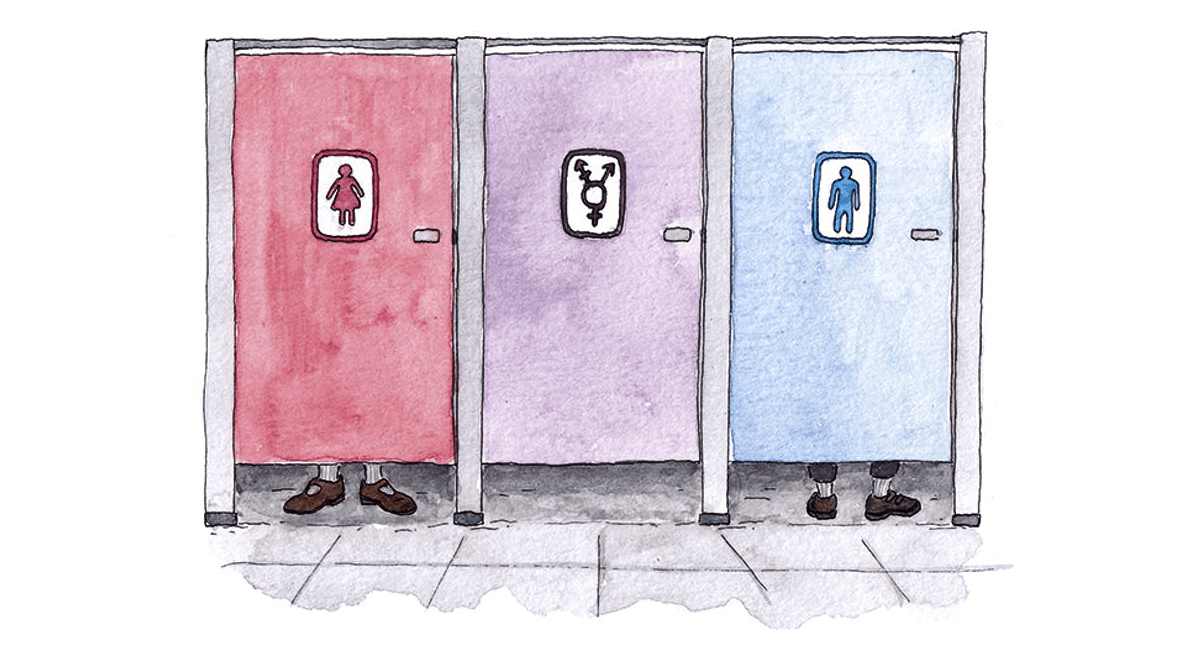Puberty blockers are powerful drugs with unproven benefits and significant risks. Those were not my words, they came from a statement by Dr Hilary Cass when this off-label use of injectable gonadotropin-releasing hormone agonists was banned indefinitely last December.
Streeting needs to change tack. For the children, if not his own reputation
However, there was a loophole. Cass went on to recommend that puberty blockers, ‘should only be prescribed following a multi-disciplinary assessment and within a research protocol’. Over the weekend, it was reported that scientists at King’s College London have been granted ethical approval to administer these drugs to dozens more children. Why? What more is there to be learned?
For more than ten years, doctors at the Portman and Tavistock’s now-closed GIDS service conducted their own experiments on children. Their ‘early intervention study’, published in 2021, ‘identified no changes in psychological function, quality of life or degree of gender dysphoria’.
These drugs certainly do what they say on the tin. They mimic the body’s natural gonadotropin-releasing hormone which overstimulate the pituitary gland until it stops producing follicle-stimulating hormone and luteinising hormone. Without those signals, the gonads cannot produce sex-hormones and a child taking them will not go through natural puberty – arguably the most important development human beings ever experience.
But at the same time the Portman and Tavistock study found no changes to psychological functioning. In short, unhappy and distressed children remained unhappy and distressed. Worryingly, the paper added, ‘anticipated adverse events were common’. The conveyor belt effect was also clear: at the end of the study all bar one continued to cross-sex hormones. For those children – now adults – the effects will be life-long.
And now researchers want to try again. King’s College London plan to recruit another 220 children, with no minimum age. Since puberty normally starts around the age of 11, some might still be at primary school. Emily Simonoff – study leader and professor of child and adolescent psychiatry – told the BBC that this would be the first ever study looking at the impact on brain development.
I don’t suppose there is a modern study looking at the impact of a lobotomy on brain development either, but that does not mean we should sign up hundreds of children to find out. When we know something is likely to be harmful, we should leave it well alone. Blocking natural puberty blocks affects more than sexual development. Bones develop significantly during puberty, while cognitive development is profound during the teenage years.
It’s not even clear what condition the researchers are treating. Gender dysphoria is no longer in fashion, apparently. The new language is ‘gender incongruence’ – presumably an incongruence with one’s gender? Your guess as to what that means is as good as mine, and I am a former patient of an adult gender identity clinic.
Instead of plying their subjects with powerful drugs and observing what happens, doctors might actually investigate what is causing that thing they call incongruence. Like a headache, perhaps, gender incongruence is a symptom of something else. Is it childhood trauma, or poor self-image? Or maybe the problem is not the child but their parents? Children of this age are not going to get themselves to a gender clinic without the help – or encouragement? – of parents and other adults.
Doctors are not gods, they are fallible human beings like the rest of us. The medics at King’s College need to be reined in before they cause any adverse effects in their patients, anticipated or otherwise.
They might have satisfied the medical ethics people, but we do not live in a society governed by doctors. Ultimately, whatever happens in the NHS is the responsibility of government. On Saturday morning, in a series of posts on X, Wes Streeting reminded his followers that last year he had ‘followed Dr Cass’s recommendations and extended the ban on prescribing puberty-suppressing hormones indefinitely’. But in welcoming this new trial, he has partially overturned that ban, adding that he will ‘always [my emphasis] follow expert scientific advice’.
That’s not good enough when children’s futures are at stake. Governments are there to govern. Yes, they need to take advice but the good governance calls for the wisdom to know when to take advice and when to reject it. And perhaps insist on an alternative. If more evidence is needed, why not go back and follow up properly all those children who were prescribed puberty blockers at GIDS all those years ago? How are they getting on now? Unlike any new cohort of children, any damage has already been done.
Streeting needs to change tack. For the children, if not his own reputation.








Comments